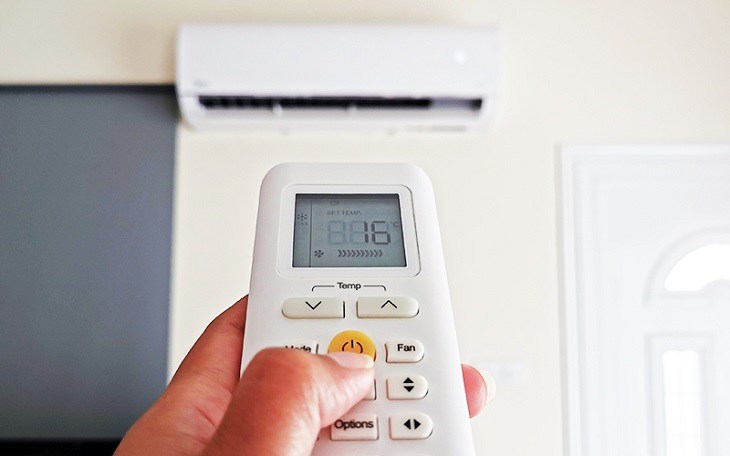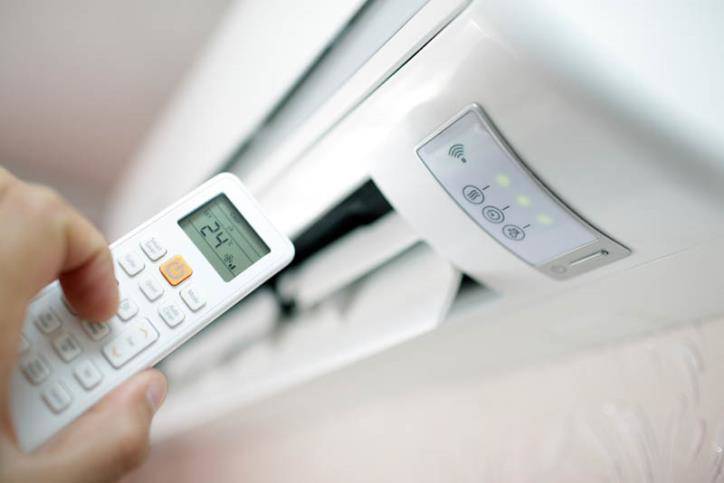My mother-in-law is quite frugal, so when she turns on the air conditioning, she only keeps it on for a short while. As soon as the room cools down, she turns it off. Then, when the room temperature rises again, she turns it back on. This constant toggling between ON and OFF goes on throughout the day.
My husband and I have tried explaining to her that this practice is actually more expensive than just leaving it on. But she refuses to listen. Today, when we received the electricity bill, we were all in for a shock as the amount was significantly higher than expected.

We tried to explain to my mother-in-law, but she wouldn’t listen. (Illustrative image)
As fate would have it, our neighbor, Ms. Loan, dropped by after paying her electricity bill. The two women compared their bills, and my mother-in-law was surprised to see that Ms. Loan’s bill was significantly lower, despite having similar electrical appliances and running the air conditioner through the night.
– I told you, Mom. Constantly turning the AC on and off wastes electricity, but you wouldn’t listen.
Ms. Loan chimed in, agreeing with me, and finally, my mother-in-law admitted her mistake.
A story shared by a reader, maitam…@gmail.com

(Illustrative image)
Many people believe that turning the air conditioner on and off repeatedly will save them money. However, this is a misconception. In reality, constantly turning the AC on and off wastes a lot of electricity.
This is because each time the AC is turned on, it needs to work at a much higher capacity to start the compressor and fan motor, quickly cooling the room to the desired temperature. As a result, the electricity consumption is about three times higher compared to keeping it running to maintain the ideal temperature.
This habit isn’t just costly; it also negatively impacts the performance and longevity of the air conditioner. Moreover, the constant temperature fluctuations can take a toll on your health, especially for sensitive individuals like children, pregnant women, and the elderly. It can lead to dizziness, headaches, fatigue, respiratory issues, and heat stroke.

(Illustrative image)
Other bad habits when using air conditioning that waste electricity and harm your health:
– Setting the temperature too low when you first turn on the AC: Experts recommend setting the temperature to 25 degrees Celsius when starting the AC and then adjusting it according to your comfort.
– Running the AC all day: It’s best to open the room’s windows and doors after 3-4 hours of using the air conditioner to allow fresh air to circulate.
– Not maintaining the AC regularly
– Over-covering the outdoor unit
– Directing the airflow directly at your body
– Using the AC right after a shower
“The Great Pork Mystery: Unraveling the Smelly Truth”
Pork is a versatile meat that is a staple in many homes, with sisters often taking charge of cooking delicious meals for their families. Today’s younger generation, however, prefers to purchase their meat from supermarkets, a shift from the older generation. This preference is twofold: firstly, it ensures quality assurance and, secondly, it offers clear and concise labeling, making the selection process much simpler.





































